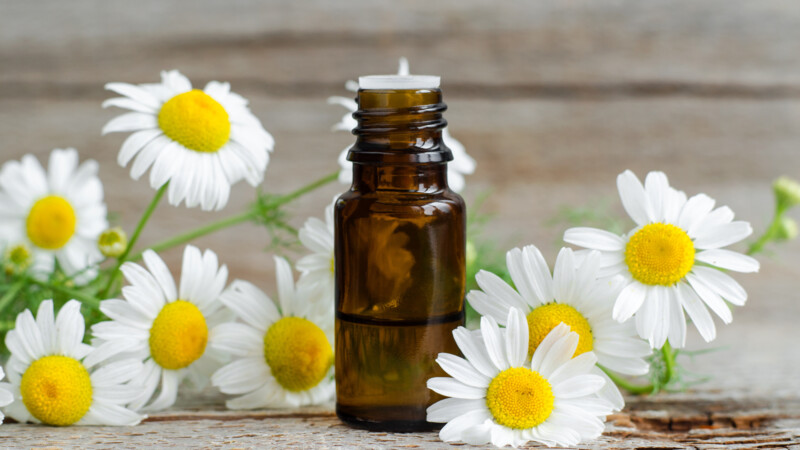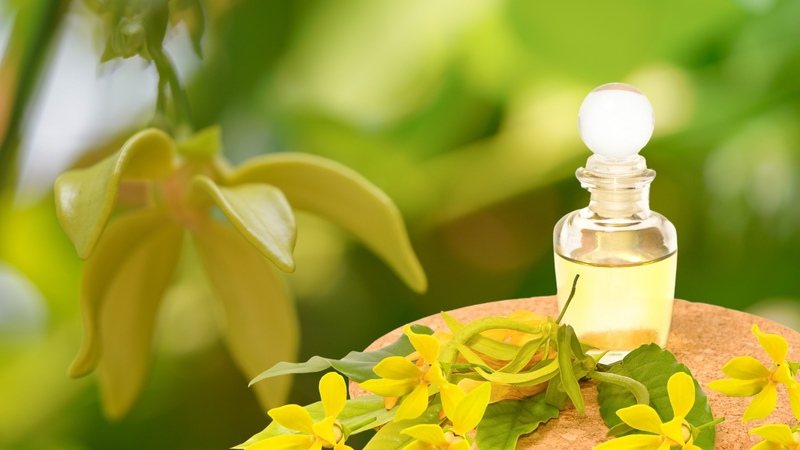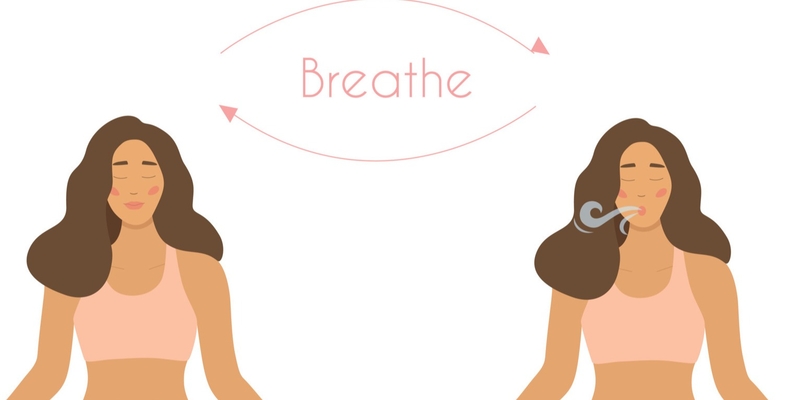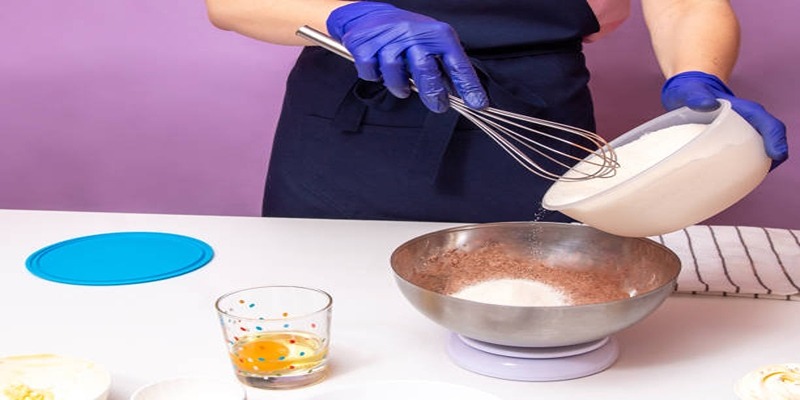As people increasingly seek natural alternatives, the popularity of using essential oils to manage depression has surged. Extracted from plants, these oils offer holistic benefits that could potentially enhance traditional treatments. By comprehending the possible advantages of essential oils, we may unlock fresh avenues in our quest for mental well-being.
1. Lavender Oil
The versatile remedy, lavender oil, boasts calming properties. Its soothing aroma is renowned. It potentially alleviates stress and promotes relaxation. Research even indicates that inhaling it, specifically the lavender oil, positively impacts the nervous system, potentially diminishing symptoms of anxiety and depression. You may enhance your mental state of tranquility by incorporating lavender oil into your routine, either through diffusers or in diluted carrier oils.
Beyond enhancing emotional well-being, lavender oil boasts anti-inflammatory and antimicrobial properties. Thus, proving its worth as a valuable addition to skincare routines. Diluted application of this potent substance, when used topically, can soothe irritated skin. It can also alleviate minor burns while accelerating wound-healing processes. Lavender oil's versatility balances mental and physical aspects and underpins its prominence in holistic wellness practices.
- Lavender for Sleep: Diffusing lavender oil before bedtime can promote better sleep quality by inducing a sense of calmness, helping to combat insomnia or sleep disturbances.
- Aromatherapy for Headaches: Inhaling lavender oil vapor may provide relief from headaches and migraines due to its relaxing effects on the nervous system.
2. Chamomile Oil

Derived from chamomile flowers, chamomile oil earns renown for its stress-relieving properties. This essential oil harbors compounds that actively interact with neurotransmitters. These interactions hold the potential, to promote relaxation and ease depressive symptoms. Be it in aromatherapy utilization or incorporation into a warm bath. The application of chamomile oil presents an understated yet impactful way to alleviate stress through gentle, natural means, thus rendering it an invaluable tool for depression management.
The impact on mental health from chamomile is inherently linked to its digestive benefits. traditionally, individuals have used infused chamomile tea composed of the oil of the plant for soothing digestive discomfort. It also diminishes bloating and relieves symptoms associated with irritable bowel syndrome (IBS). By integrating self-care rituals that incorporate chamomile oil into one's routine, it becomes possible not only to ameliorate psychological well-being but also address physiological aspects of overall health–a dual approach fostering comprehensive wellness.
- Digestive Aid: Chamomile oil's anti-inflammatory properties may help soothe digestive issues, making it a potential remedy for mild gastrointestinal discomfort.
- Children's Wellness: Chamomile oil, when used cautiously and under supervision, may aid in calming children, and helping to manage occasional restlessness or anxiety.
3. Bergamot Oil
Extracted from the peel of bergamot oranges, bergamot oil boasts a celebrated citrusy and uplifting fragrance. Some studies suggest that this oil may enhance moods by potentially boosting neurotransmitters like serotonin and dopamine. By using it in diffusers or incorporating it into massage oils, one could potentially manage depressive symptoms more effectively with its refreshing boost.
Beyond providing emotional support, bergamot demonstrates versatility. It potentially confers benefits for the skin. When applied topically in a diluted form, bergamot oil may possess antibacterial properties. This dual functionality could assist in addressing common skin conditions like acne. Consequently, those seeking holistic approaches to mental health and skincare alike will find this captivating choice intriguing.
- Natural Deodorant: Bergamot oil's fresh scent makes it a popular ingredient in natural deodorants, offering a pleasant alternative to synthetic fragrances.
- Room Freshener: Diffusing bergamot oil can act as a natural air freshener, creating a vibrant and uplifting atmosphere in your living space.
4. Ylang Ylang Oil
Derived from the flowers of the Cananga odorata tree, ylang-ylang oil carries a high value due to its floral and exotic scent. This oil potentially offers more than just an appealing aroma. It could act as an antidepressant promoting emotional equilibrium. You can enhance your self-care routine by incorporating this beneficial oil through inhalation or diluted application, potentially providing a sensory experience that harmonizes with conventional methods for managing depression.

The alluring fragrance associated with this oil enhances romantic moods and fosters intimacy. Thus, incorporating it into moments of self-care or shared experiences can not only contribute to mental balance but also cultivate a positive and affectionate environment.
- Natural Perfume: Ylang-ylang's sweet and floral scent makes it a popular ingredient in natural perfumes, providing a chemical-free alternative to commercial fragrances.
- Hair Care Elixir: Adding a few drops of ylang-ylang oil to a carrier oil can create a nourishing hair treatment, promoting shine and a healthy scalp.
Cautionary Considerations in Using Essential Oils for Depression
Exercise caution when utilizing essential oils due to their potent nature. While they can offer benefits, some individuals may experience adverse reactions, as certain people could possess sensitivity or allergies to specific oils. Performing a patch test before using essential oils widely is advisable.
Consult with a healthcare professional, particularly if you are pregnant, nursing, or taking medications. It's crucial to ensure safety and efficacy. Remember, essential oils should not replace prescribed treatments. Instead, they should serve as complementary elements in your holistic mental health approach.
- Phototoxicity Awareness: Some citrus oils, like bergamot, can cause skin sensitivity to sunlight. Be cautious when applying these oils topically and then exposing the skin to sunlight.
- Oil Interaction: Certain essential oils may interact with medications. Consult with a healthcare professional to ensure there are no contraindications with your current treatment plan.
Conclusion
Conclusively, one's journey to well-being can significantly benefit from an exploration of essential oils for depression management. Unique properties in lavender, chamomile, bergamot, and ylang-ylang oils may potentially enhance mood and emotional balance. Nevertheless, approaching their use requires mindfulness plus awareness, a recognition that they form part of a comprehensive mental health strategy.







